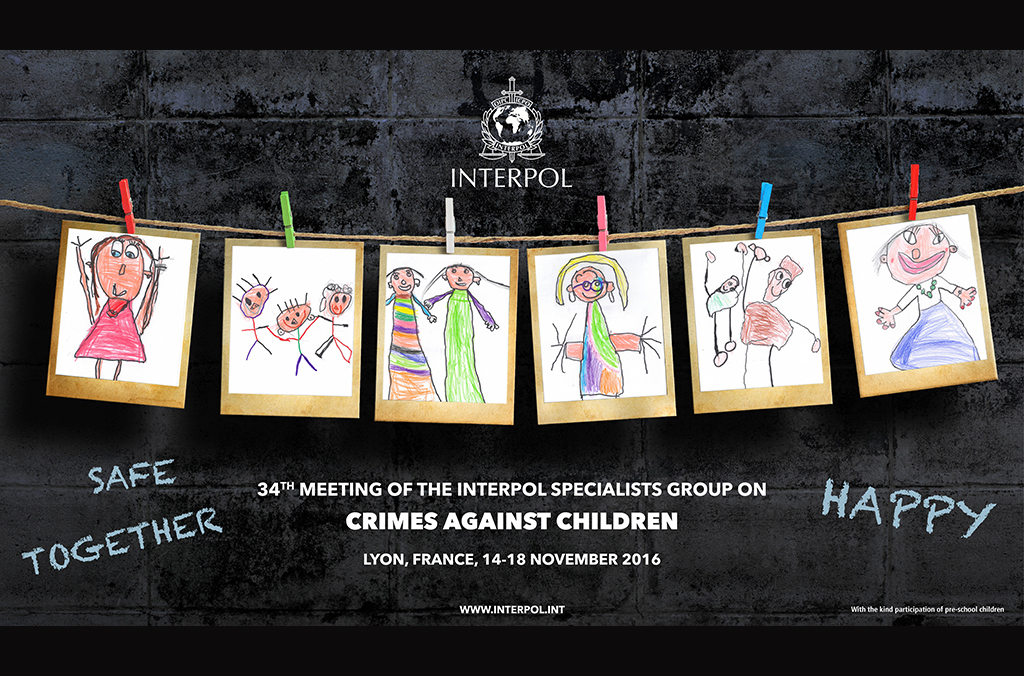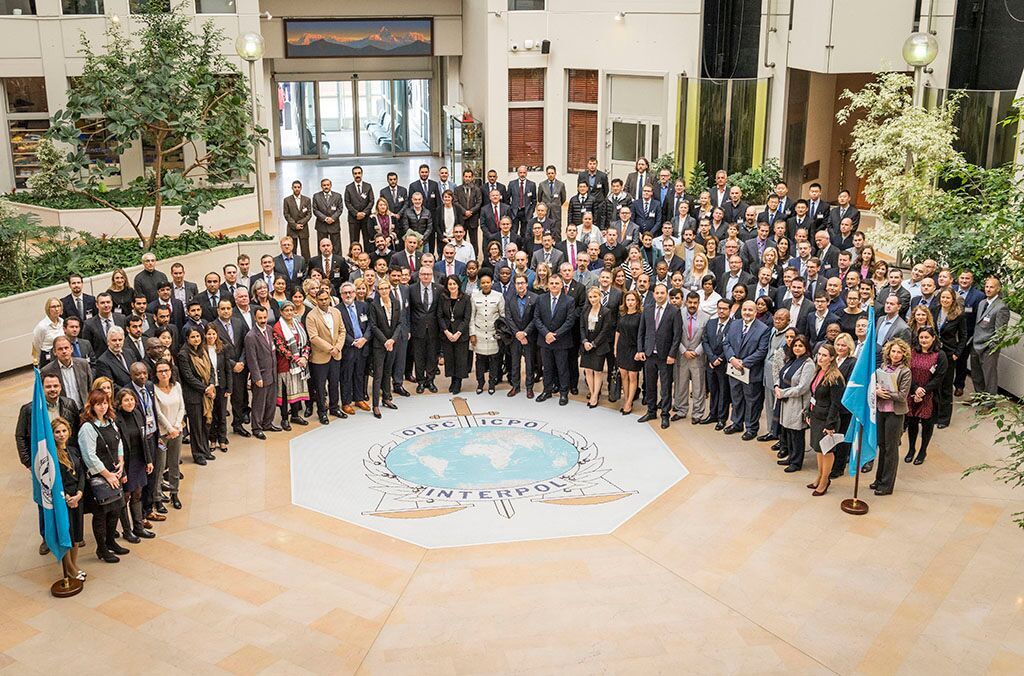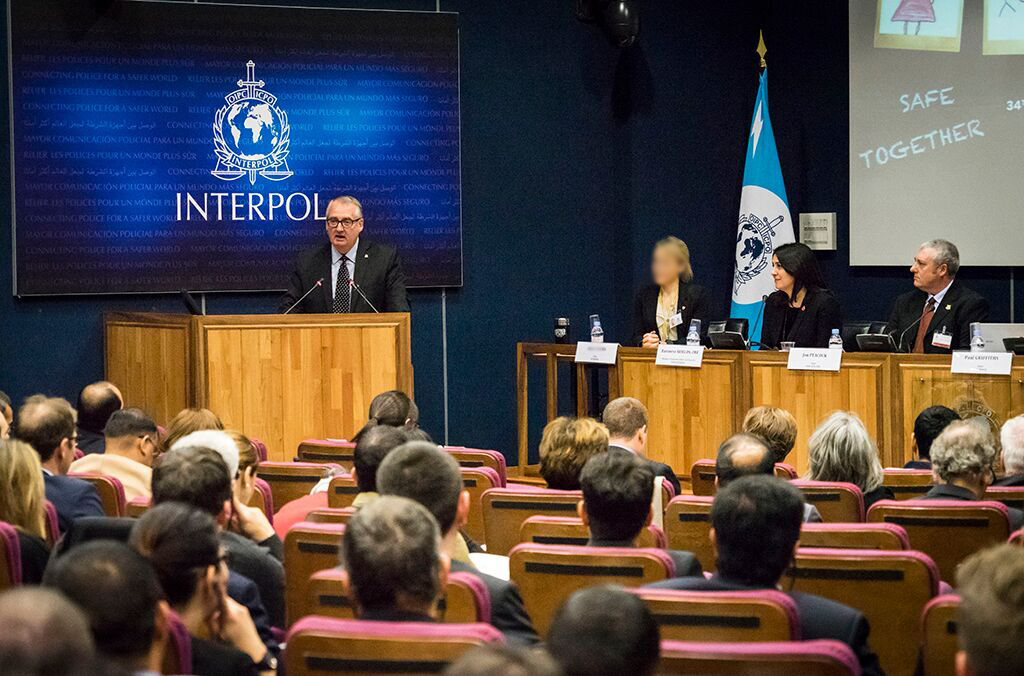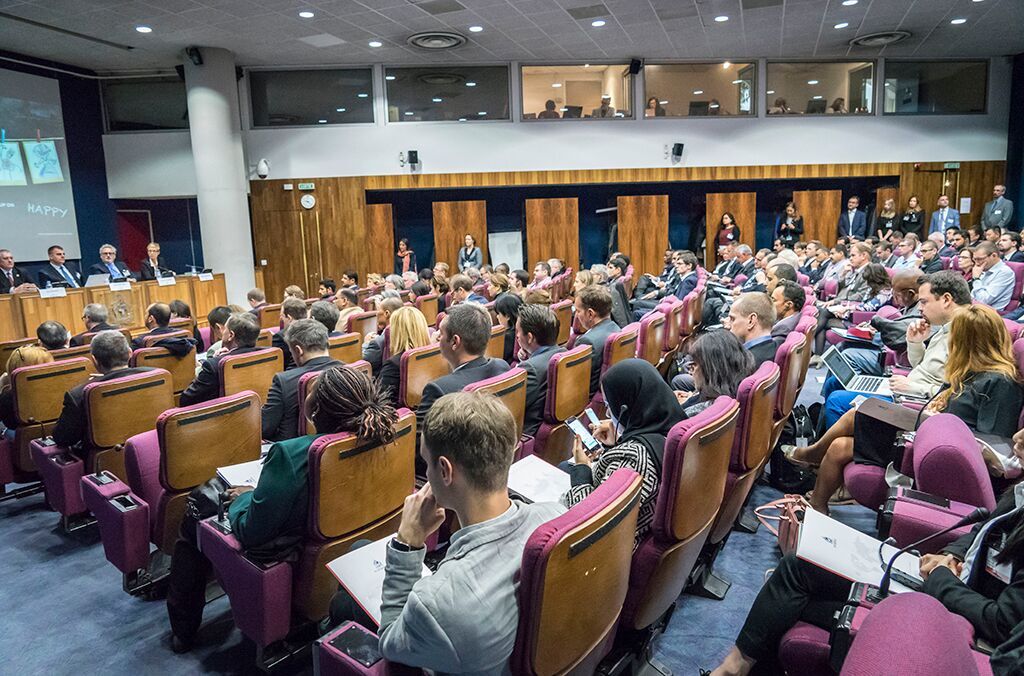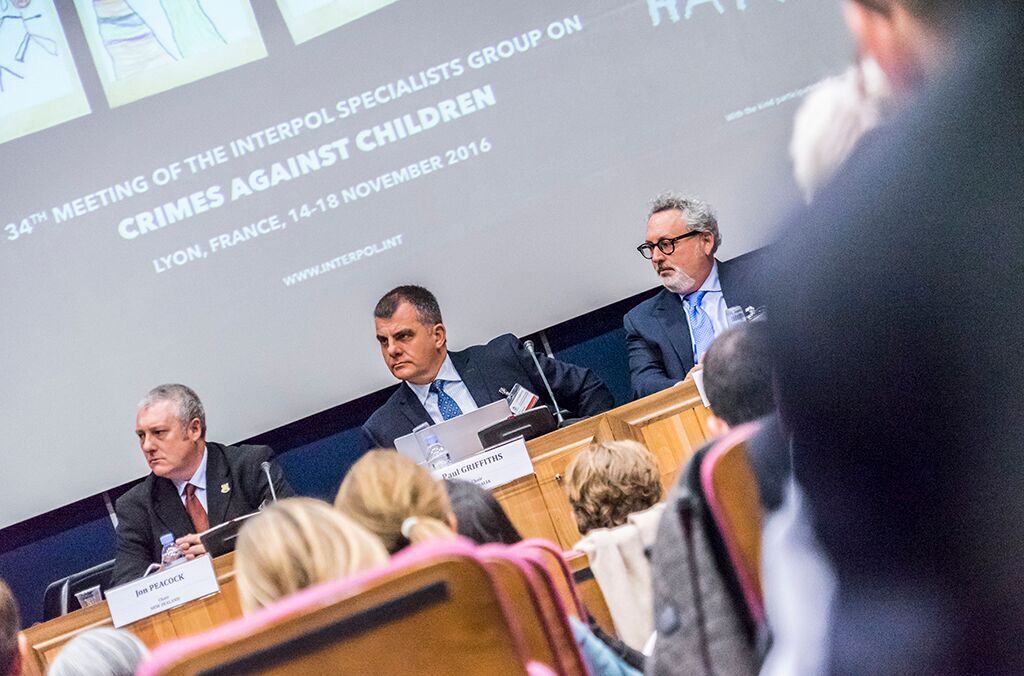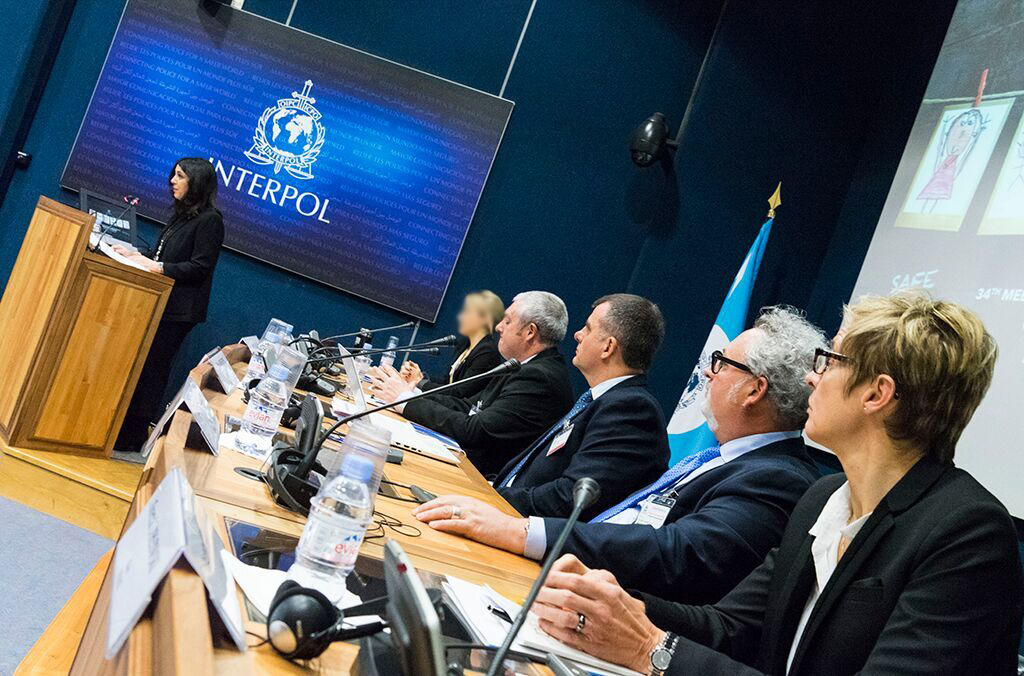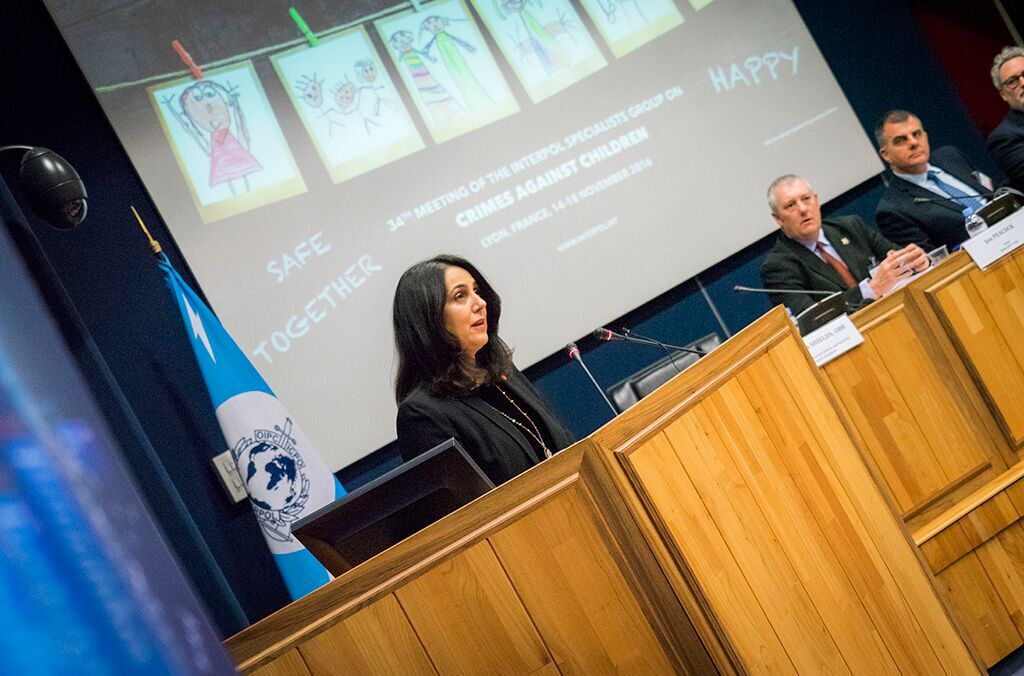LYON, France – Global specialists in combating online child sexual abuse have adopted a set of law enforcement guidelines on protecting the identity of young victims when dealing with the media.
The guidelines, adopted this week by the participants of the INTERPOL Specialists Group on Crimes Against Children meeting, outline the appropriate actions and language suggested for use by police when communicating on child sexual abuse cases to the media. The aim of the guidelines is to ensure that victims’ identities will not be discovered, therefore reducing the risk that they could be further victimized.
To expand INTERPOL’s regional approach to tackling crimes against children and increase assistance to areas of need, an expert from Africa was designated to provide targeted capacity building support to law enforcement across the continent, in cooperation with INTERPOL’s Regional Bureaus in Africa.
The five-day (14-18 November) meeting also provided an overview of global efforts and technical solutions for combating online child sexual abuse, identifying victims and their attackers, and disrupting criminal networks involved in soliciting and disseminating abuse material.
Some 200 participants from some 60 countries and the private sector also heard case studies of successful investigations – including enquiries into the use of the Darknet – in addition to addressing topics such as abuse material analysis and travelling sex offenders.
The participants were also updated on the WePROTECT Global Alliance, an international multi-stakeholder initiative dedicated to national and global action to end the sexual exploitation of children online which brings together more than 70 countries, as well as international organizations, industry partners and civil society organizations.
Baroness Joanna Shields, UK Internet Safety and Security Minister said: “The global nature of the Internet and the technology we all use means online child sexual abuse cannot be addressed by one country alone.
“INTERPOL has been central to ensuring the global response to child sexual abuse is focused on protecting victims, and from the beginning it has been an essential partner for the WePROTECT Global Alliance. I am grateful for the part it will play as we continue to galvanize global action,” added Baroness Shields.
INTERPOL’s International Child Sexual Exploitation (ICSE) database enables law enforcement to rescue an average of seven abused children every day. During the specialists group meeting, experts discussed the future development and evolution of the ICSE database.
Information exchanged via INTERPOL’s network of specialist officers in 49 countries around the world and Europol via INTERPOL’s International Child Sexual Exploitation (ICSE) database has already led to the identification of nearly 10,000 victims and the arrest of more than 4,500 perpetrators.
In a recent example, Japanese police arrested five suspected child sexual abusers after the analysis of material uploaded to ICSE. The suspects had recorded their crimes and used apps to circulate video material. Police in several other countries discovered and shared the material through ICSE, enabling Japanese police to dismantle the entire network and rescue the 47 children from further abuse.
INTERPOL’s Executive Director of Police Services, Tim Morris highlighted the latest advances in the Organization’s policing capabilities to combat online child exploitation such as the integrations of videos into the ICSE database and the launch of a victim identification training course.
“These evolutions are incredible opportunities to bolster the identification of child victims and stop the exploitation of children worldwide. They also show how important international collaboration is in our ever-changing and complex environment.
“We will continue, together, to provide the best technology and collaborate with the brightest minds in an effort to combat crimes against children on a global scale,” said Mr Morris.
INTERPOL has also supported the recently issued Luxembourg Guidelines which provide guidance on appropriate terminology to use when addressing the exploitation and sexual abuse of children and recommend their use to law enforcement across its 190 member countries.




